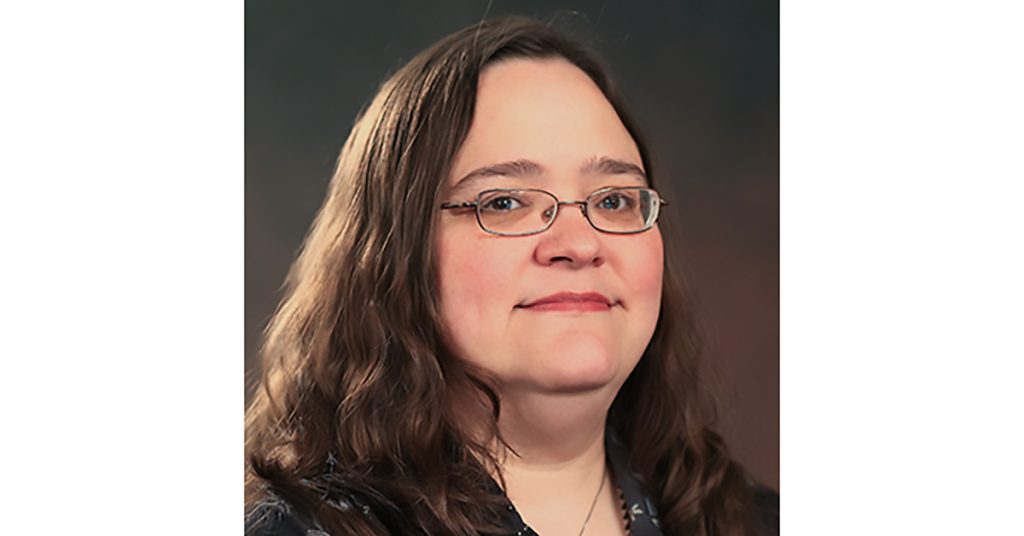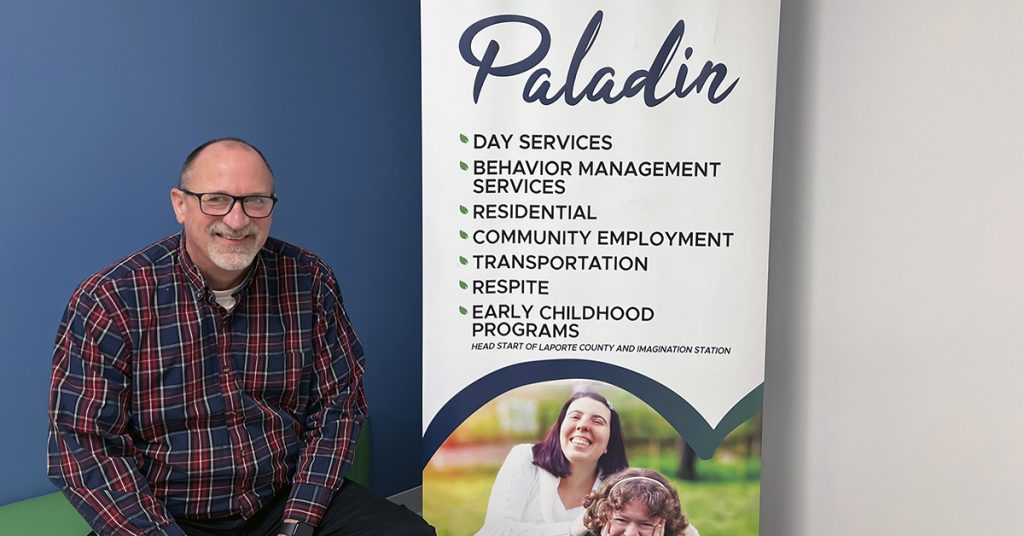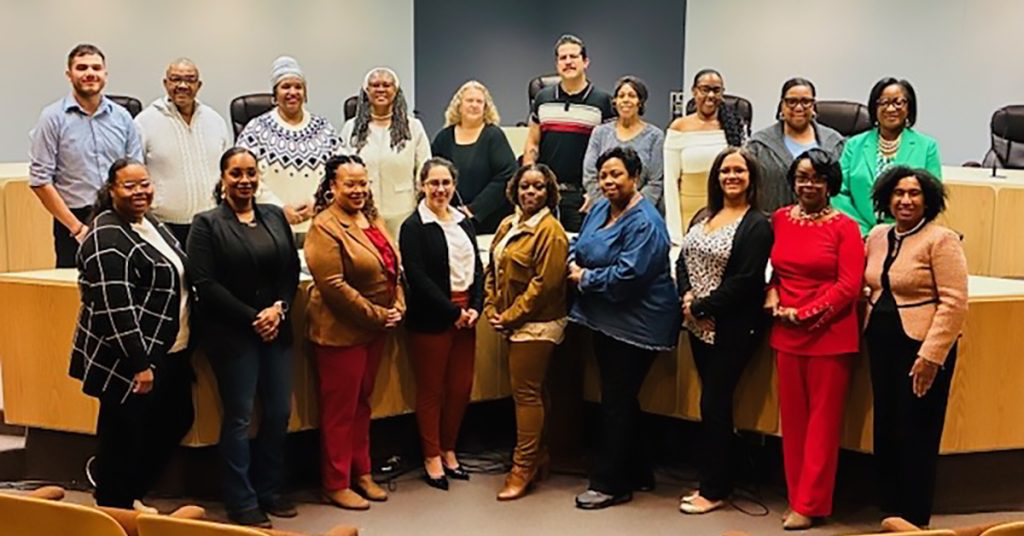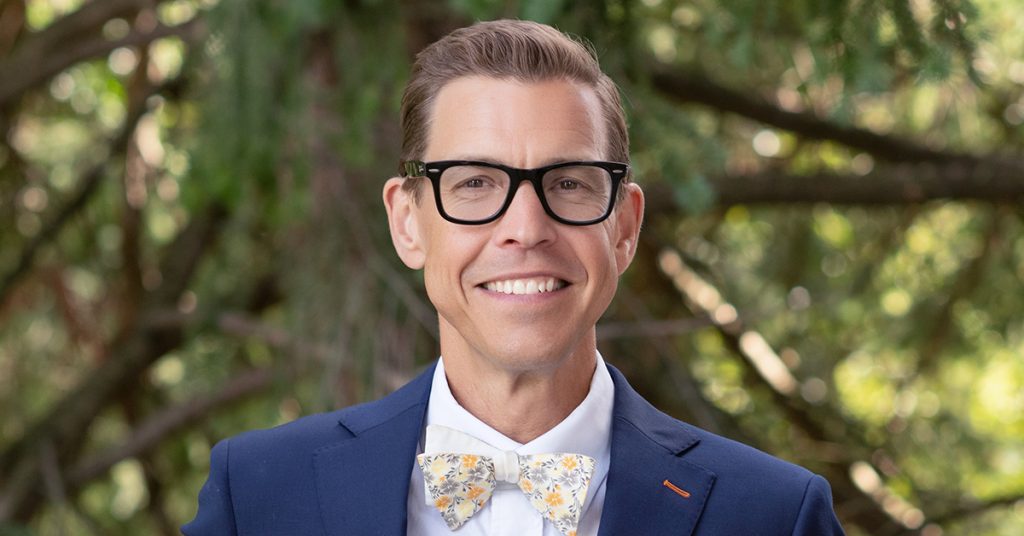
Lawyers concerned about technology’s legal, privacy issues but open to possibilities
Artificial intelligence is Exhibit A in the case of driving the tradition-bound law community into the modern age.
Area legal practices are shopping for the newest machine-learning research, writing and management tools to work more efficiently in fewer expensive hours.
Westlaw, LexisNexis and Bloomberg Law are among platforms promising better lawyering through algorithms and data processing.
Shaun Jamison, assistant dean of academics at the fully online Purdue Global Law School, said AI is accelerating what internet searches started decades ago.
“It is attempting to answer your question, rather than leading you to an internet source that might answer your question,” he said. “Quality legal tech will be table stakes. Those who don’t provide the efficiencies and effectiveness of the tools will have a very difficult time competing.”
AI extracts evidence, composes court filings and calculates the probability of a favorable outcome for the litigator preparing to face a court opponent.
Gary attorney Michael Tolbert, who has 25 years of experience in law, said he is looking into ways AI might help his practice.
“I’ve had presentations from a couple of legal research providers that I’ve found to be very persuasive,” he said.
Tolbert is on the Super Lawyers list, an honor reserved for the top 5% of litigators in Indiana, so knowing his competition is important.
“(AI) is supposed to give you insight into how successful your opponent has been in front of particular judges,” he said.
But, he said, the technology might take a while to catch on in the legal field.
“They probably aren’t selling a lot of this currently because the legal profession is always late to the party with technology,” he said. “Maybe in the coming years we’ll see younger lawyers more ready to embrace AI.”
Cari Sheehan, who teaches professional responsibility as an adjunct professor at the Indiana University Robert H. McKinney School of Law in Indianapolis, said understanding AI will be necessary.
“AI isn’t going away,” Sheehan said. “A lot of law firms are starting to see that, good or bad, you have to have some working knowledge of AI.”
Classroom cautions
Teaching law students how to use AI ethically will take some time and thought.
Purdue Global’s Jamison said they allow law students to use AI to pick essay topics, compose outlines and correct spelling and grammar, but students must write essays and can’t pass off AI output as their work.
Thomas Mills, director of the Notre Dame Kresge Law Library, said his law school introduces AI to students but only after they’ve mastered the basics of legal research and writing.
Each Notre Dame faculty member determines how students may use AI.
“One embraces it and teaches how to use it in the class. Other faculty have said no AI in their classes,” Mills said. “The biggest challenge we face with AI and teaching legal research and writing is to convince students they need the foundational knowledge first to assess what AI spits back at them because it’s not always right.”
Sheehan agrees that is the most important lesson students must learn.
“AI generates false results trying to piece together what it has seen on the internet, taking something from one article and then another that doesn’t fit,” Sheehan said. “There have been at least five cases where lawyers have been sanctioned for using AI-generated work product and citing false cases.”
Tolbert also has his own rules about AI use. “I think lawyers get into trouble if they rely too much on technology,” he said. “I would not have it write a brief for me because my name is on it.”
There’s another big reason he wouldn’t use AI in this way.
“There is something comforting about putting pen to paper or type it out on a keypad because that allows you to digest the information and prepares you to go before the court and articulate it before a judge,” Tolbert said.
Delivering work product
Bryan Bott, a 2024 graduate of Loyola University Chicago School of Law, said he was introduced to AI his first year in law school, just after ChatGPT, a generative AI chatbot, was released to the public.
“The school had to crack down on students’ using it for essay exams,” he said. “It was permissible to prompt it on research questions, but we weren’t allowed to use it in drafting documents.”
Now he’s practicing law with Merrillville’s Burke Costanza & Carberry with AI at his fingertips.
“I use Westlaw’s CoCounsel for research purposes, searching for case law,” he said. “We use it on novel legal issues to give me a quick summary on something that may come up in the future.
But he said there are limits to its use.
“I use AI to help draft a motion. It may help me find case law I can tie into a quick summary,” Bott said. “But, in terms of the actual drafting and the actual reading of case law, that is all up to the attorney.”
One use for AI involves convenience, he said.
“What’s really exciting is how AI is going to be used in discovery, where each side exchanges information with opposing counsel,” he said. “Sometimes that involves thousands of documents. AI could help cut out what’s irrelevant to the lawsuit, maybe streamline it down to 200.
“So, instead of spending five to 10 hours drafting a court pleading, AI could get that done in half the time and make it more cost effective for the client.”
Bott said AI helps lawyers communicate with their clients by translating complicated legal issues down to the layperson’s level.
‘AI is developing quickly’
Like most new technologies, thinking of AI as a tool rather than a replacement for work is key.
“I don’t see anything wrong with using AI tools to kickstart the legal research or drafting process; in fact, that is how I find AI to be most useful — as a work supplement,” said Kallee Sears, a 2024 graduate of the University of Iowa’s College of Law. She is an associate attorney for Burke, Costanza & Carberry.
She said the correct use of AI isn’t cheating, but completely using AI to shortcut research and drafting will lead to missing something important.
But she is confident that AI will become an integral tool for lawyers.
“No exaggeration, AI becomes more accurate and advanced each day,” she said.
Nicholas Assise, a 2022 Notre Dame graduate and attorney at the Schererville law firm of O’Neill McFadden & Willett, is taking a wait-and-see attitude on an AI product he recently sampled.
He said he didn’t find it much more effective than earlier research software.
“I tried looking up something more complex, and it just routed me back to the simple stuff,” he said. “Even if I want to use AI, I still have to check the sources to make sure it’s not just making something up, so then it doesn’t save very much time.”
He said the only AI-powered opponents he knows he has faced are pro se (nonlawyer) plaintiffs.
“One guy entered into evidence his conversation with ChatGPT, and you could see it told him several times, ‘I’m not a lawyer. I can’t answer that question,’” Assise said.
“Another guy sounded at first like he knew what he was doing, but as you read into it further, it was filled with legal terms that had absolutely no meaning.”
Assise said it was likely from a public generative AI platform.
“AI is still developing quickly. It’s gone from a complete joke to genuinely fooling people,” Assise said. “It’s fascinating to see where it is going to go.”
Confidentiality concerns
AI also promises to help lawyers working in transactional law tools to write, review and edit contracts. Jamison said it can collate and summarize laws in all 50 states.
Assise said AI could be used to help draft business contracts.
“It could point out a few issues you might miss, but any lawyer worth their salt has to double-check all of that anyway,” he said.
Domenica Hartman of Hartman Global IP Law based in Valparaiso has reservations about AI reshaping her 35-year-old practice of protecting the patents, trademarks, copyrights and other intellectual property of clients.
“We deal with new inventions and new ideas,” Hartman said. “We’ve done this for longtime clients because we are willing to put in extra effort to think outside the box and analyze issues from every direction.
“AI is just regurgitating information other people pumped into it. We push the boundary. AI just shows you where the boundary is.”
Hartman said, even if she used AI, she would have confidentiality concerns about inputting clients trade secrets into it.
“Intellectual property is our clients’ babies, so we are very protective of the information that comes into and goes out of our office,” she said.
She said she doesn’t want to put her clients’ information into an AI environment where it could be manipulated and misused by others.
Tolbert said security is paramount to his work with medical records.
“We use paralegals to get records and review them, analyze them,” he said. “There is a phenomenal AI tool that basically does all of that for you in a matter of minutes. However, I’m concerned about HIPAA (Health Insurance Portability and Accountability Act) protections.”
Legal deserts
The Commission on Indiana’s Legal Future recently declared that emerging technology might help with the state’s attorney shortage.
One example is Purdue Global’s online-only school, which offers law degrees to students who can’t spend the years or money to complete a traditional course of study at a brick-and-mortar campus.
The Supreme Court opened the door last year for Purdue Global Law School graduates to take the bar exam. Five Purdue Global graduates passed it on their first attempt this spring to be licensed to practice.
“These results are a testament to their hard work, talent and the power of an online law school to deliver an affordable and accessible high-quality legal education,” said Martin Pritikin, dean and vice president of Purdue Global.
Notre Dame’s Mills said another way could be Descrybe.ai, a free platform he discovered at a Chicago legal tech convention, offering a legal research toolkit to provide up-to-date legal advice for those who cannot find or afford an attorney.
“What they are trying to do there is a step in the right direction,” he said.
But no one claims AI alone can do away with “legal deserts” in the state’s most rural counties or completely replace the 2,000 lawyers now across Lake, Porter, La Porte and St. Joseph counties.
“I think we will have to have the human element involved, bringing intuition, know-how to manage cases, know-how to talk with and negotiate with people,” Bott said. “I think that’s parts of litigation that AI will never be able to do.” •
Read more stories from the current issue of Northwest Indiana Business Magazine.












